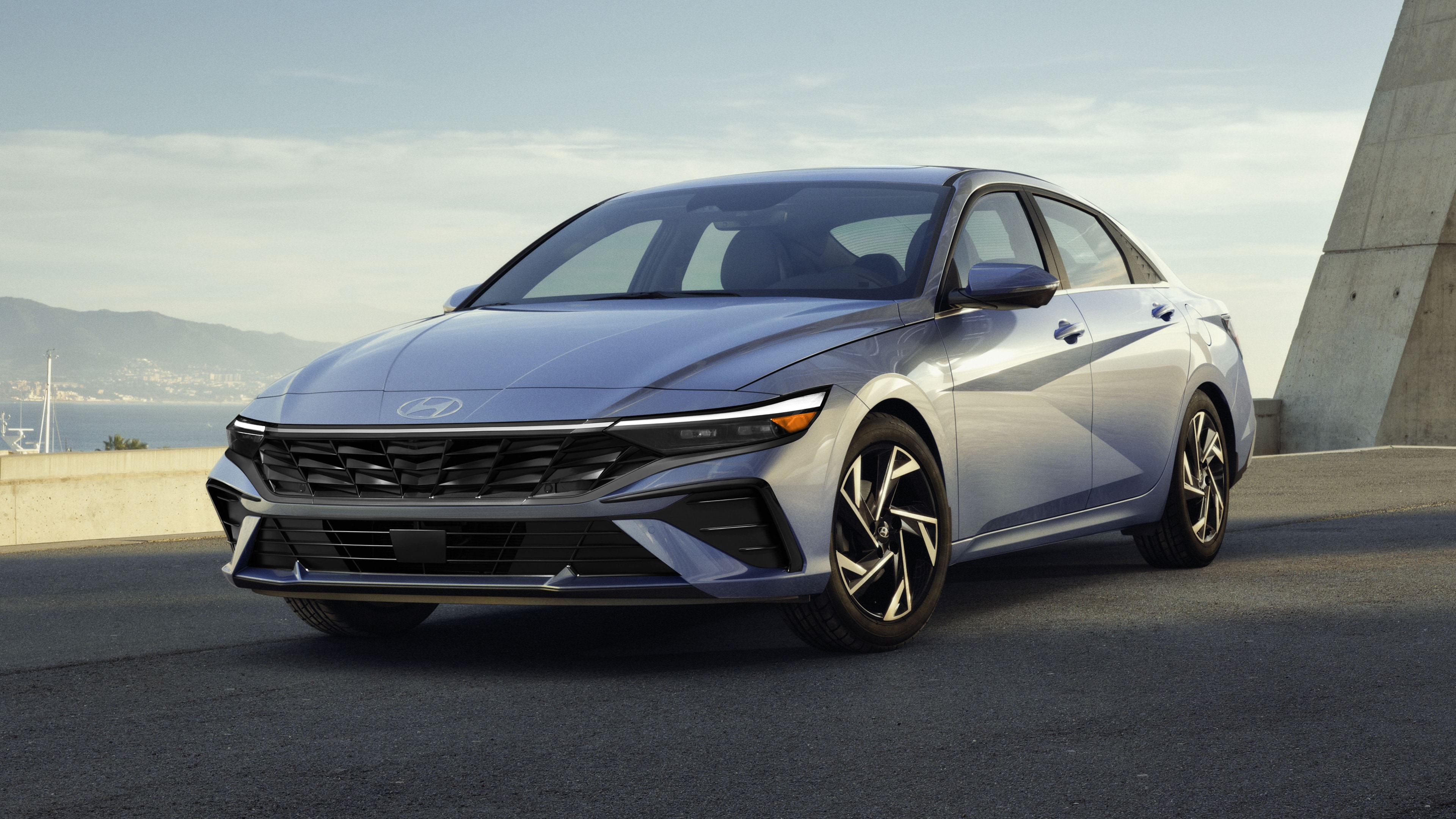
- Hyundai develops cybersecurity system to protect high-tech vehicles from cyberattacks
- Automakers like Tesla and Ford focus on advanced tracking capabilities and personalization features for connected cars
- Industry faces challenges in balancing user experience with data security in the era of connected vehicles
Hyundai is developing a cybersecurity system to protect high-tech vehicles from cyberattacks by analyzing attack paths and vulnerabilities. Automakers like Tesla and Ford are also focusing on advanced tracking capabilities and personalization features for connected cars, raising concerns about the collection of user data and the need for safeguarding it.
What to know: Hyundai has filed a patent application for a vehicle cybersecurity system that aims to protect high-tech vehicles from cyberattacks. The system stores threat scenarios and attack paths to prevent hackers from accessing sensitive data collected by the vehicles. As vehicles become more connected and autonomous, the complexity of software increases, leading to a rise in cyber threats. Hyundai's approach focuses on identifying vulnerabilities in in-vehicle control systems and running attack simulations to enhance security measures.
Looking ahead: Automakers like Hyundai are investing heavily in high-tech features for their vehicles to enhance user experience and functionality. Tesla, for example, incorporates user tracking features, while Ford explores biometric car keys and driver data usage. The trend towards autonomous technology requires advanced tracking capabilities, increasing the amount of personal user data collected by connected cars. This data collection poses cybersecurity challenges, as more data means more potential breach points for cyberattacks.
Deeper details: Bob Bilbruck, CEO of consulting firm Captjur, highlights the cybersecurity risks associated with the growing collection of personal user data in connected cars. While limiting data collection is a secure approach, automakers are unlikely to stop gathering in-vehicle data due to the demand for personalization features and in-vehicle AI. As the market evolves, automakers must find a balance between data collection for user experience and protecting consumer data and brand reputation. Safeguarding data remains a critical focus for the industry to address cybersecurity threats effectively.
The backstory: The automotive industry's shift towards connected and high-tech vehicles raises concerns about cybersecurity and data privacy. As automakers continue to innovate with features like autonomous technology and user personalization, the need for robust cybersecurity measures becomes paramount. Protecting user data from cyber threats is crucial for ensuring consumer trust and safeguarding brand reputation in an increasingly connected world. Automakers must navigate the delicate balance between enhancing user experience and maintaining data security to address evolving cybersecurity challenges effectively.


